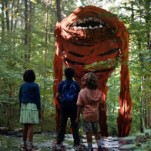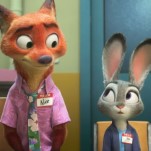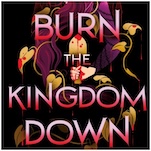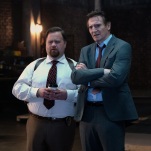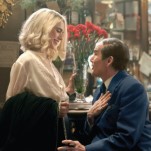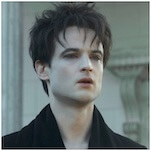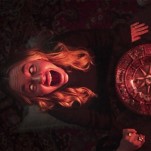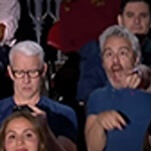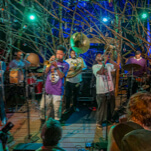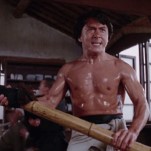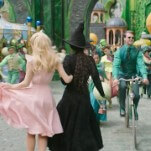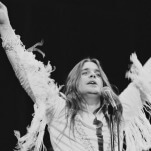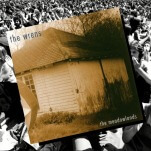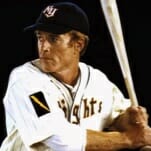The 10 Best Sitcoms of the 1970s
Photo by 20th Century-Fox TV/Getty Images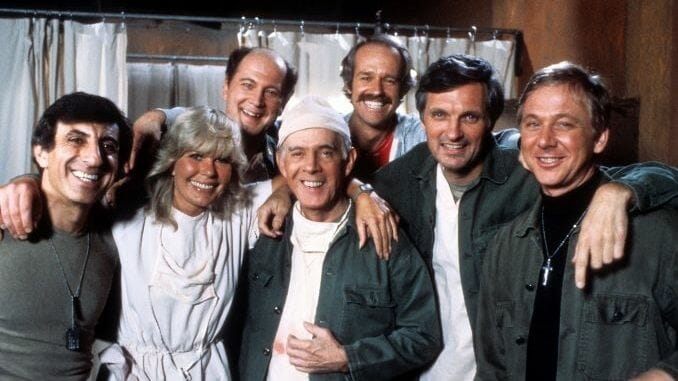
Sitcoms were king in the 1970s. It was a golden age for the genre, both creatively and commercially, with shows like The Mary Tyler Moore Show, All in the Family, and The Jeffersons pushing the boundaries of what a situational comedy could be and do, while drawing tens of millions of viewers every week. (All in the Family is still one of only three shows to ever finish as #1 in the ratings for five straight seasons.) Creators like Norman Lear and production companies like MTM Enterprises elevated the form past the goofy, high concept hits of the ‘60s, dealing with serious social and political issues without losing sight of the comedy. Meanwhile, in the UK, John Cleese’s Fawlty Towers ran for two seasons and is considered by some to be the most perfect sitcom ever made. The list of great ‘70s sitcoms is long, and so we had to leave a number of great shows off of this list. And at least two classics, Taxi and WKRP in Cincinnati, didn’t make the cut solely because most of their runs came in the ‘80s. We easily could’ve made this a top 20, but we decided to keep it brief. Here are the top 10 sitcoms of the ‘70s—perhaps the greatest decade for sitcoms of all time.
10. Good Times Years: 1974-1979
Years: 1974-1979
Creators: Eric Monte, Mike Evans, Norman Lear
Stars: Esther Rolle, John Amos, Ja’net Dubois, Ralph Carter, Jimmie Walker, Bern Nadette Stanis, Johnny Brown, Janet Jackson, Ben Powers
Network: CBS
Good Times is a tale of two shows. The first is a socially conscious sitcom about a poor but proud Black family living in public housing in Chicago, with Esther Rolle and John Amos playing the parents who struggle with underemployment or demeaning jobs while preserving their dignity. The second is a catchphrase comedy based around their oldest son, Jimmie Walker’s J.J., who, with his slogan “Dy-no-mite!” and exaggerated indolence, was essentially a stereotype. He was the show’s breakout character, though, its Fonz or Urkel, and came to dominate it after the first season—to the point that both Rolle and Amos left the show at different points, the latter permanently after the third season. There was still some sharp commentary and smart comedy in later seasons, but the first year is a classic Norman Lear sitcom with progressive politics and a strong viewpoint, while the rest of the show is basically just a goofy network sitcom. —Garrett Martin
9. Barney Miller Years: 1974-1982
Years: 1974-1982
Creators: Danny Arnold, Theodore J. Flicker
Stars: Hal Linden, Barbara Barrie, Abe Vigoda, Max Gail, Ron Glass, Jack Soo, Gregory Sierra
Network: ABC
Barney Miller had all the witty banter and shaggy charm of your typical workplace comedy. It just so happened that this one took place within the dingy, paper-strewn squad room of the 12th Precinct. Along the way, Capt. Miller and his crew of hangdog detectives dealt with all manner of crimes, squabbles, and broke open the occasional social issue like drugs and gay rights for examination. What it never got was too preachy, too dark, or too scary, even though all the cops on the scene were carrying pieces. Instead, the crew took everything in stride, washed down with a mug of lukewarm coffee. —Robert Ham
8. Fawlty Towers Years: 1975-1979
Years: 1975-1979
Creator: John Cleese, Connie Booth
Stars: John Cleese, Prunella Scales, Andrew Sachs, Connie Booth
Network: BBC2
While we can’t say we’d ever want to stay at the titular hotel, run by the hapless Basil Fawlty (John Cleese), we sure do enjoy watching him struggle to maintain it. Cleese has said the show was inspired by his stay at the Gleneagles Hotel in Torquay and his encounters with its owner, Donald Sinclair, whom he’s described as “the most marvelously rude man I’ve ever met.”—Bonnie Stiernberg
7. Sanford and Son Years: 1972-1977
Years: 1972-1977
Creators: Ray Galton, Alan Simpson, Bud Yorkin, Norman Lear
Stars: Redd Foxx, Demond Wilson
Network: NBC
Although Sanford and Son was developed by Norman Lear and Bud Yorkin as an adaptation of a British sit-com, there’s a bitterness and nihilism to the show that don’t appear in Lear’s other works, let alone other sitcoms from the ‘70s. Much of this comes from the brilliant Redd Foxx, who delivered an iconic performance as the titular Sanford, co-owner of a junk store. Really, though, the show was a two-hander, relying just as much on the underrated Demond Wilson, who played the progressive straight man to Foxx’s childish firebrand with perfect comedic timing. Yes, the laugh track is there, and Foxx’s language is disarmed so as to make it past network censorship, but despite the genre trappings, there was a realism to Sanford and Son that made it like nothing else on television at the time, and very little since.—Sean Gandert
-

-

-

-

-

-

-

-

-

-

-

-

-

-

-

-

-

-

-

-

-

-

-

-

-

-

-

-

-

-

-

-

-

-

-

-

-

-

-

-

 Years: 1974-1984
Years: 1974-1984 Years: 1975-1985
Years: 1975-1985 Years: 1972-1978
Years: 1972-1978 Years: 1972-1983
Years: 1972-1983 Years: 1971-1979
Years: 1971-1979 Years: 1970-1977
Years: 1970-1977